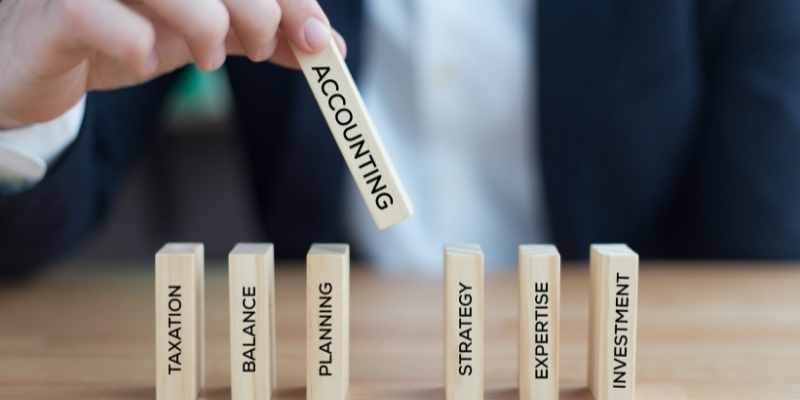News & Information
Details Your Accountant Needs To File Your Business Tax Return
Take control of your small business taxes by gathering your information in advance. By being organized, you will help your accountant save you time and money when you file. Follow these points:
Personal Information
To start with, your accountant will require basic personal information, including your legal name, current address, and social insurance number.
If you have a Canada Revenue Business Number, you will need to provide that, along with your legal business name.
Previous Year’s Tax Return
If this is the first year your accountant will be filing your return, bring your previous year’s tax return. This
- helps the accountant get a better understanding of your business, and
- lets your accountant know about deductions your company has (or hasn’t) been taking.
Business Reports
Your accountant will need your financial reports. If your accountant helped you set up your records at the start, you should be able to create a backup of your accounting software and bring it with you. As a minimum, you will need to supply a:
- Profit and Loss Report aka Income Statement
- Balance Sheet
Your P and L reports your business’s annual profit (or loss). The balance sheet shows company assets and liabilities.
Your accountant will advise on any additional reports they might require.
Asset Infomation
Provide all details about assets bought, sold, or depreciated during the last year. Include all supporting receipts, documents, or reports related to your assets.
Loan Information
You will need information on any business loans you have outstanding. Bring the loan agreement with you, along with records of loan payments and accrued interest.
Due to COVID-19, many business owners will have taken advantage of various programs offered by the government, so make sure to bring receipts, invoices, and other documentation to claim deductions and lower your tax liability. Qualifying expenses paid can be written off on your tax return to lower your tax liability.
Income Records
Income records verify the totals on your profit and loss statement. The accountant will need copies of bank statements, deposit slips and sales invoices.
Expense Records
To be able to use and allocate the correct deductions, submit your expense records as well. These can include:
- Receipts
- Bills
- Bank statements
- Credit card statements
Be sure to keep these records well-organized. The more time someone in your accountant’s office spends on compling the information for your tax return, the more it will cost you in the end.
Deductible Expense Information
To justify certain expenses as a business expense, you will need more than just receipts. Claiming any of the following deductions will require the proper supporting information:
- Home Office Deduction
- Mileage Log
- Travel
- Donations
Payroll Data
You will also need your payroll data from the year. Bring copies of your employee records.
Inventory Total
If you have inventory for resale, you should have recorded the value of your opening inventory at the beginning of the year. You will need the year end value of your inventory so your Cost of Goods Sold can be calculated.
Stocks & Bonds Information
Information related to the acquisition of any securities such as stocks and bonds bought or sold during the year is needed along with a record of investments you injected into or withdrew from the company during the year.
Finally
By spending the time needed to organize all of your tax information will simplify the tax return process. These last few things will also help in preparation for tax season.
- Communicate With Your Accountant
- Start Early
- Be Prepared
- Stay Organized
Your accountant needs to be able to clearly understand your records. Being prepared on your part can make the best use of your appointment with your accountant.
Contact us if you need help getting started.
When you subscribe to the blog, we will send you an e-mail when there are new updates on the site so you wouldn't miss them.




Comments